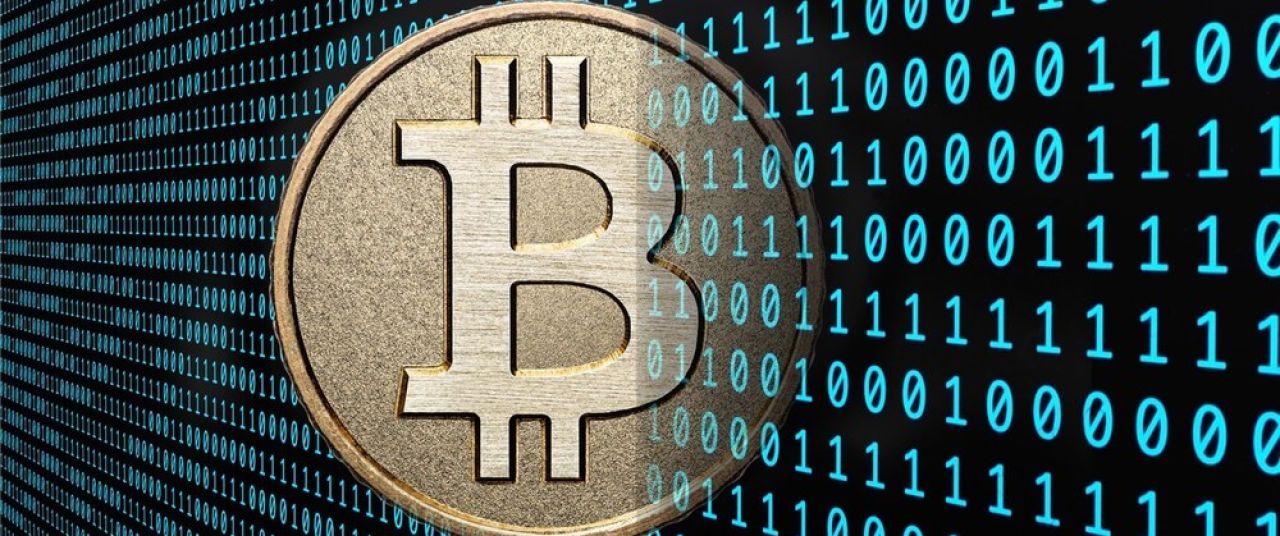Blockchain – where it can be used

Imagine living in the world when there are be no bank documents, stamps, or purchase receipts. When people no longer need to validate the process of selling or buying, and register the cash transaction with the legal entity. All acts of selling or purchasing will be kept as records in one place.
This scenario is possible with emerging crypto-currency such as Bitcoin, which is already accepted as valid currency by the PayPal payment system, many chain stores, internet shops and even the Universities. With the rapid transformation of the banking system and the emerging popularity of non-card digital payment systems, people around the globe routinely use digital payments in everyday life. What all current payment methods have in common is the complexity, traditional credit card authentication methods, cryptography, and tokenization, as well as their dependence on financial institution products to process payments. Eventually, a new payment method should have been originated. Blockchain technology became the leading technological innovation in the digital crypto-currency field, slowly putting the intermediaries away by replacing the traditional banking payment system.
What is Blockchain?
It is an online digital ledger similar to a traditional database that records and keeps the total history of every transaction made in Bitcoin. This public digital accounting is used by a worldwide peer-to-peer network of personal computer users. The value of Blockchain technology is that all the transactions are digitally recorded, transparent and particularly impossible to hack.
The Blockchain basics extend far beyond than simply being a tool for managing Bitcoin payment system. It became a financial place where users may interfere with each other directly, without regulations. Blockchain is a privately operated system that doesn’t require any traditional financial institution or central controlling organ to complete transactions.
How does Blockchain work?
Users connect to the PC (called node); each node records the financial information and shares it with the whole system. This way the information is securely transferred to the Blockchain system in minutes. Each node works independently, so the data is massively replicated, and each participant repeats all the verification work. This replication requires all nodes to be notified of every transaction that should be recorded in all copies of the ledger.
Because of the delays in peer-to-peer processing, it is more practical to confirm transactions by blocks, not by the single transaction entry. In Blockchain these blocks can be created (‘mined’) by any user’s computer, and ‘mining’ process is used both to maintain the Blockchain public ledger and to find new Bitcoins. The profits realized from the mining and small commission on the transaction are the key elements of the Blockchain maintenance. Bitcoins can be earned in online exchange platform, in exchange for cash, the buying/selling, and through the ‘mining’ process.
Only valid blocks of data that are consistent with current balance are allowed to be processed. All transaction registers to ensure the accuracy of the records; no transaction entry can be edited retrospectively. Once a Bitcoin has been transferred through the Blockchain the transfer is irreversible, which will help the merchants to avoid fraud, where a consumer reverses payment based on a false claim that the product or service has not been delivered. Conflicts between Blockchain transactions can occur when users are trying to tamper with the data and deliberately create duplicating entries.
Where can Blockchain be used?
Virtual currencies, being not limited geographically, financially, or currency wise now take the main stage.
Blockchain has become more popular among venture capitalists and investment firms. The main advantage of Blockchain is available to general public. Small and medium size merchants want to provide clients with a variety of payment options. In banking, finance, and capital markets Blockchain technology simplifies and speeds up the money transaction processing. More recently it became popular in insurance and real estate areas as well. Bitcoin has the great potential to be prevalent in developing countries, where money transactions are not available for all people because of high commissions.
Blockchain and other digital distributed ledgers were funded as startups, and startup founders anticipate the wider usage of Bitcoin. But for many people, the digital currency concept is still abstract and confusing. Bitcoin and other digital crypto-currency systems that use anonymity regularly receive negative press coverage. They can often be the victims of hacker activity, human error and other process flaws, so many crypto-currencies users face the risk of losing money.
Advocates of digital currencies keep struggling with the vagueness of current laws and regulations that are not supposed to deal with innovative technologies. There are some problems with Bitcoin security infrastructure and its legal aspects that should be solved before the innovation achieves the widespread adoption. As cash, credit cards transactions, and wire transfers have their downsides bitcoin can provide many benefits to them and apparently become a potential new instrument. As Blockchain is based on distribution, openness, protection and reliability; its implementation by eliminating many intermediaries will change people’s life substantially.
Regina Akhmetova




